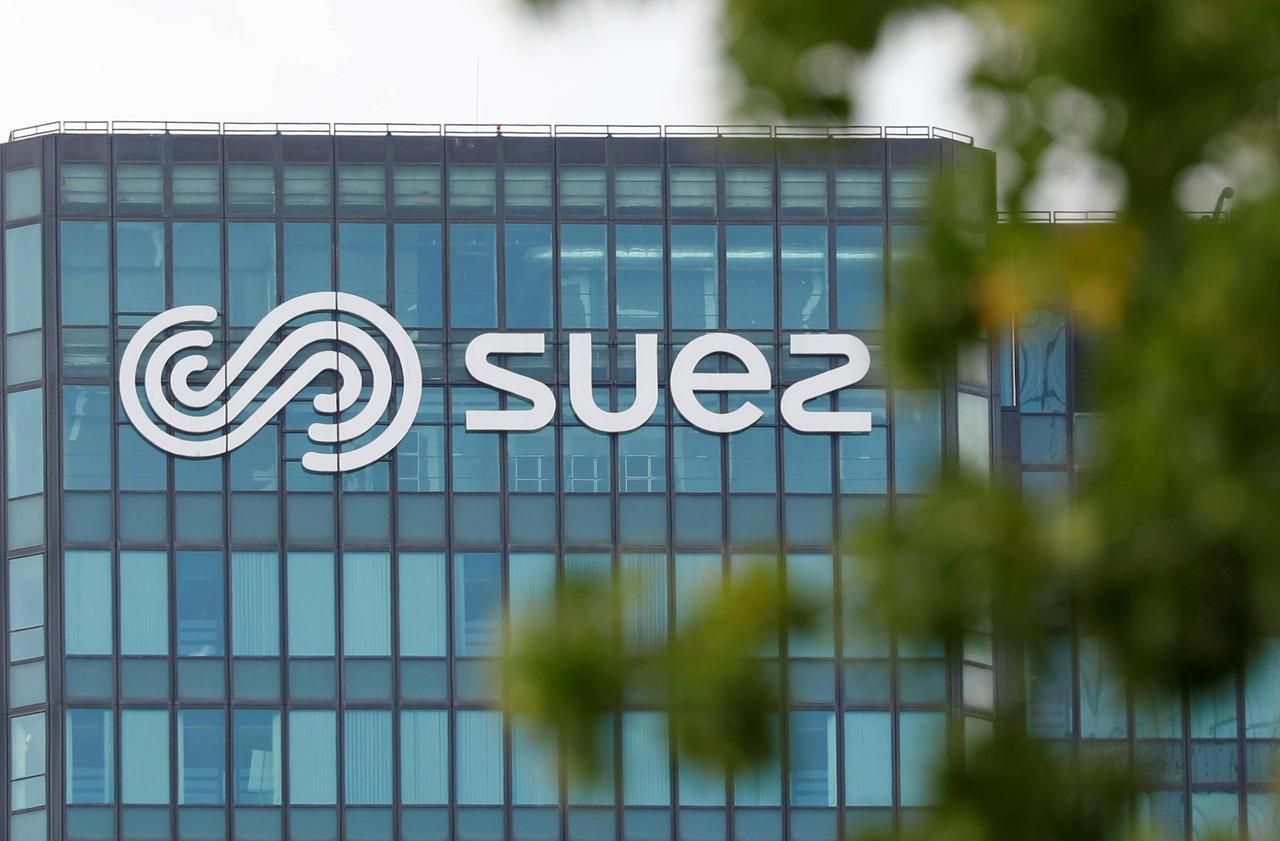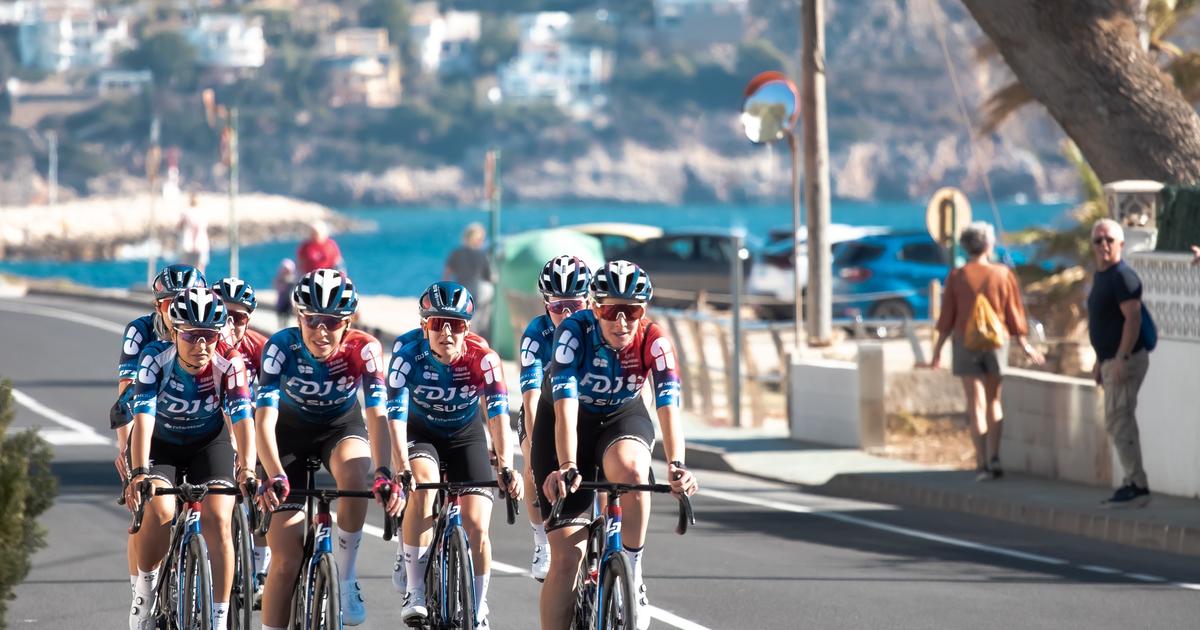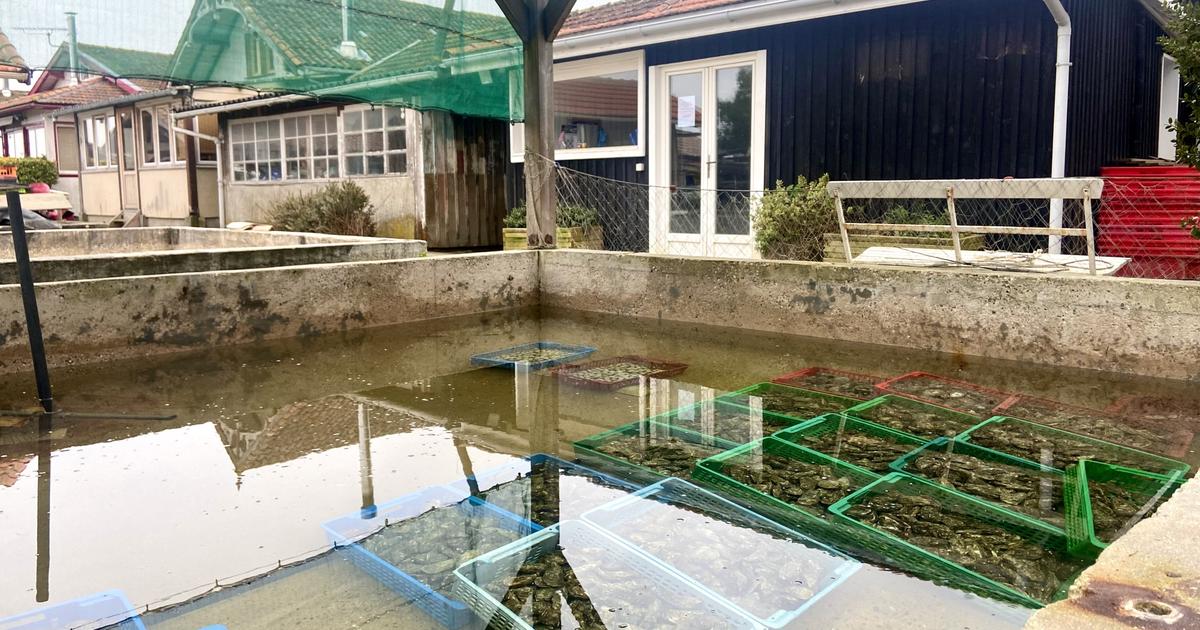We have known from "Chinatown", Roman Polanski's film, how fierce the battles around water can be.
Those carried out by the two French giants of the sector, Veolia and Suez, for more than a century, are no exception to the rule.
The offensive that the first has just launched on the second, in an attempt to once again take control, is only the umpteenth episode in a long history of rivalry.
For this, Veolia must buy back most (29.9%, out of a total of 32%) of the Suez shares held by Engie.
Amount proposed: € 15.50 per share, or € 2.9 billion in total.
A rapprochement which "makes sense", according to the Prime Minister, Jean Castex.
It is a small sentence of Jean-Pierre Clamadieu, the president of Engie, pronounced on July 31, which set fire to the powders.
“Regarding our participation in Suez, I would say that everything is open,” he said during a conference with financial analysts.
Suez had already attempted an operation of this type twice.
The last date of 2012. It was cut short for reasons of competition.
This time, the group has taken the lead by promising to resell the French subsidiary dedicated to Suez water, to the Meridiam tricolor fund.
Veolia would then launch a takeover bid (takeover bid) on the rest of Suez's shares to take control.
Enough to weigh 41 billion euros in turnover, for 200,000 employees spread over five continents.
And face international competition, especially Chinese, with solid arguments.
Engie, for its part, would find its account there, since the sale of its shares would allow it to recover the necessary liquidity to refocus on the energy businesses.
If France is today one of the world champions in water and waste management, it owes this in particular to its system of concessions, which it almost invented 150 years ago.
"This allows it to delegate certain activities to local authorities, communities of municipalities, communities of agglomerations, urban communities or metropolitan areas," explains Nicolas Garnier, the general manager of the association of local authorities Amorce.
Either they implement them themselves, through an agency, or they in turn entrust them to private groups, under public service delegation, through calls for tenders.
"
Monopolies that weaken consumers
This merger could therefore worry local communities.
Because the less the municipalities will have interlocutors to compete, the more difficult it will be for them to negotiate contracts in their favor.
Knowing that on the waste side alone, communities today collect and process some 35 million tonnes per year, at a cost of over 10 billion euros.
"The impact would not fail to be reflected on our bills, fears François Carlier, general delegate of the association for the defense of consumers CLCV (Consumption, housing and living environment).
Water and waste treatment are already highly concentrated sectors.
Even more in the water elsewhere, where Veolia and Suez are already practically in a duopoly situation, with Saur in the role of challenger.
In the waste, you have at best three or four more companies, which share the rest of the pie.
"
Newsletter "It pays me"
The newsletter that improves your purchasing power
I'm registering
Your email address is collected by Le Parisien to enable you to receive our news and commercial offers.
Learn more
In addition to these concentration problems, which the Competition Authority will not fail to look into, Antoine Frérot can expect other obstacles.
First, Engie is seeking to raise the stakes, as its president, Jean-Pierre Clamadieu, announced this Friday at the microphone of BFM-Business.
Then, Suez, a distant descendant of Compagnie du Canal and Lyonnaise des Eaux, here in the role of “prey”, will not fall into Veolia's nets so easily.
Its leadership has launched a counteroffensive with an emphasis on the social consequences.
Joining, once is not custom, the arguments of the unions.
Faced with the unsolicited offer from Veolia, carrying great uncertainties, the Board of Directors of SUEZ reiterates its confidence in the “SUEZ 2030” strategic project https://t.co/mkVA4w5q43
- SUEZ (@suez) August 31, 2020
The Minister of the Economy, Bruno Le Maire, warned Friday on the sidelines of a trip: “This rapprochement is a good strategic idea, but it should not be done at any price.
Suez has 29,000 employees in France (out of 90,000): 11,000 in water and 18,000 in waste.
Suez unions called on employees, "whatever their country", to stop work for two hours Tuesday morning to mark their "determination to fight against this project".









